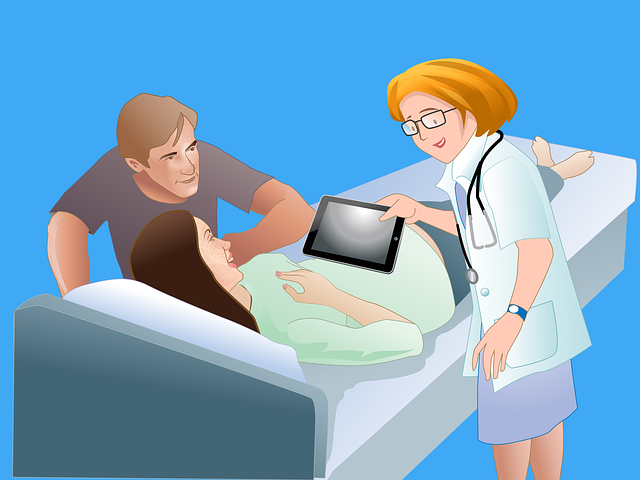Women with ovulation disorders usually have undergone an IVF treatment process to give birth successfully to their baby. Ovulation stimulants are the primary medication given in the IVF treatment process. However, other types of IVF fertility drugs are also prescribed to release hormones that either activate or regulate ovulation.

Typically in IVF, an egg is fertilized outside the female body (in-vitro) in the laboratory to develop an embryo. Later the created embryo is transferred back to the uterus of the female for further development. IVF treatment is performed in an 8-steps process.
Types of fertility medications
Following types of medications are used in different steps of the IVF process.
Ovulation suppression medication
This medication helps to prevent ovulation of the patient at a very early stage. Patients need to take ovulation medications to postpone ovulation until the eggs are ready for collection.
Ovulation induction
Patients take medication to stimulate egg production before egg collection.
Trigger injection
Patients receive triggering injections to ovulate timely. Hormone chorionic gonadotropin is one of the common compositions of trigger injections.
Progesterone
Administration of this hormone helps to line the uterus and increases the success rate of early pregnancy.
Common IVF medications
Some fertility drugs prescribed in the IVF process are oral medication and others are injectable. The type of medication and the dose varies in the IVF process depending upon the age of the patient, the underlying cause of infertility, and the stimulation protocol followed by the doctor. IVF treatment contains a combination of the following treatment:
- Birth control pills are prescribed initially to regulate a menstrual cycle that is crucial for preparing the reproductive system for IVF.
- Prenatal vitamins, specifically folic acid (400mg) are prescribed to the woman at the beginning of the IVF process to actively conceive.
- Lupron is the medication that helps the body to produce a higher number of quality eggs.
- Antagon (Ganirelix) is the medication prescribes to prevent premature ovulation.
- Follicle-stimulating hormone (FSH) is an injectable hormonal medication that increases the growth of follicles in the ovaries. FSH: Gonal-F, Follistim, or Menopur are some examples of FSH injectable hormonal medication.
- Doxycycline is an oral antibiotic prescribed to treat infections, like the reduction of bacterial load in sperm. This medication is also given at the time of egg retrieval to avoid infection possibility following aspiration of the follicles.
- Novarel isa synthetic human chorionic gonadotropin (hCG) injection used to trigger ovulation. Novarel is often used when other medications have been taken to induce ovulation.
- Prednisone is prescribed to treat patients with anti-sperm antibodies and repeated pregnancy loss.
- Progesterone is a steroidal medication that synchronizes the preparation of the uterine lining with the treatment cycle to ensure the uterus is ready for embryo implantation.
- Estrace (estrogen) is prescribed to supply estrogen. The tablet form of this medication can be administered orally or vaginally.
- Valium is a muscle relaxing, an anti-anxiety medication that is given before embryo transfer.
- Microdose Lupron is a medication initially used to stimulate the ovaries before suppressing them, which also prevents ovulation.
References




